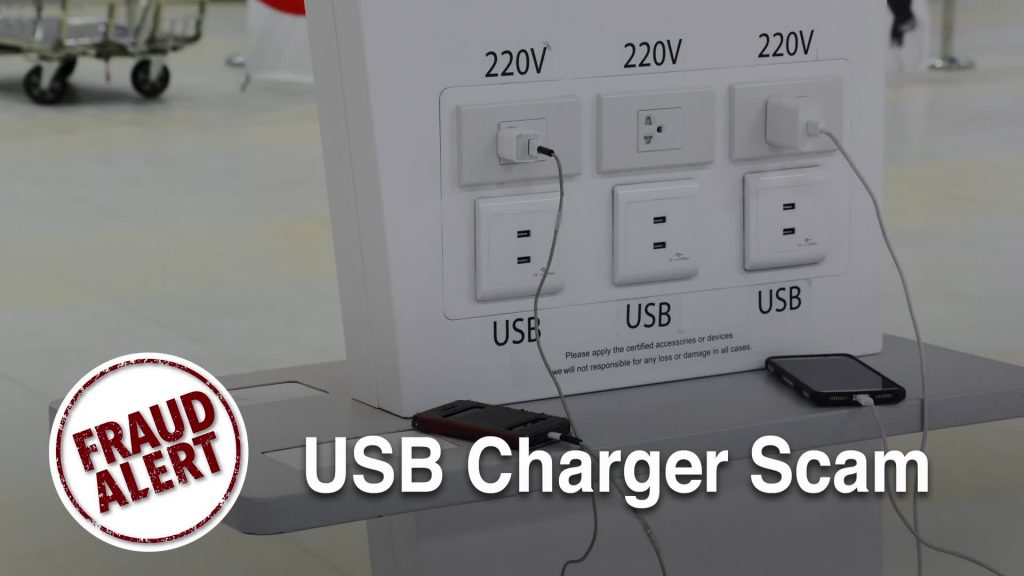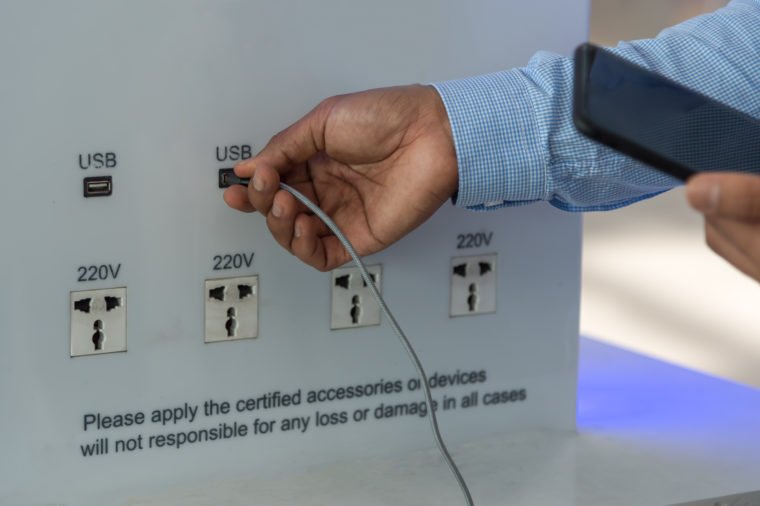Beware of charging your phone at public places like airport lounges, hotels and other public areas. A recent security alert issued in Los Angeles has unearthed a racket whereby unscrupulous operators have been stealing data and infecting phones through a process that is now being called as “juice jacking”.
USB connections are designed to work as both data and power transfer mediums, with no strict barrier between the two. As smartphones become more popular, security experts believe that hackers could abuse USB connections that a user might think was only transferring electrical power to hide and deliver secret data payloads.
According to the security alert, travellers who need to charge their electronic devices, such as smartphones, tablets and laptops, have been advised to avoid using public USB power charging stations.

Juice jacking attempts see hackers loading malware into the charging stations, or in cables that they leave plugged in at the stations. The malware may either lock the smartphone and hold it as hostage, or forward sensitive information such as passwords to the hacker.
The plan of attack by hackers to commandeer USB charging stations is not a new concept. Warnings against juice jacking have been around for years, but juice jacking is nowhere near epidemic levels – despite the alarming warning from the authorities.
It is recommended that travellers plug their own charging cables into AC power outlets. Portable chargers, which come in many different forms and price points, are a safer alternative to public USB charging stations as well.
While juice jacking may not be the weapon of choice for hackers, as there are many other ways to infiltrate the smartphones of targets, it remains a potential threat. Travellers should stick to the safe side and only consider public USB charging stations a last resort.
Join our social community on Facebook, Instagram, YouTube and TripAdvisor √√















































